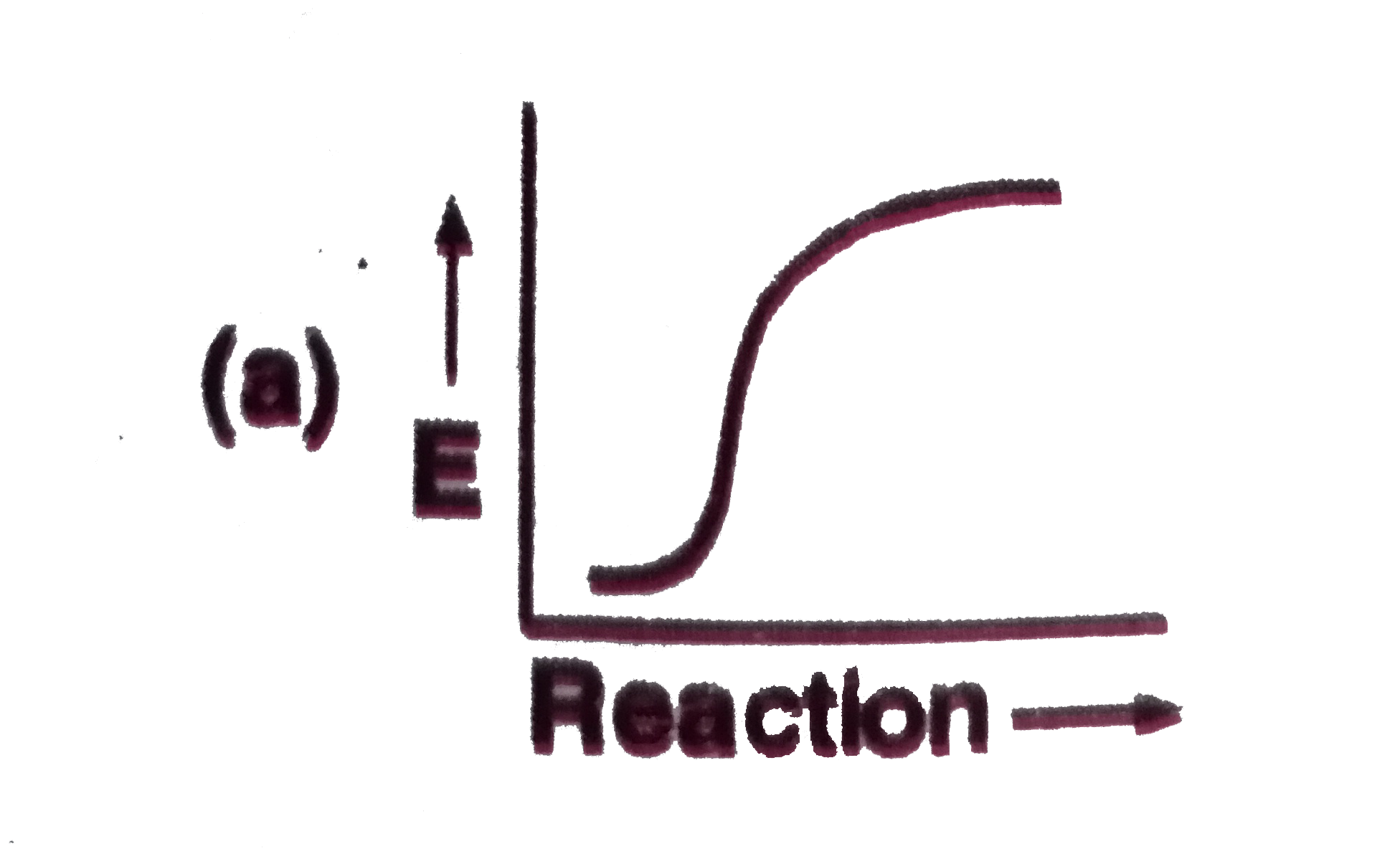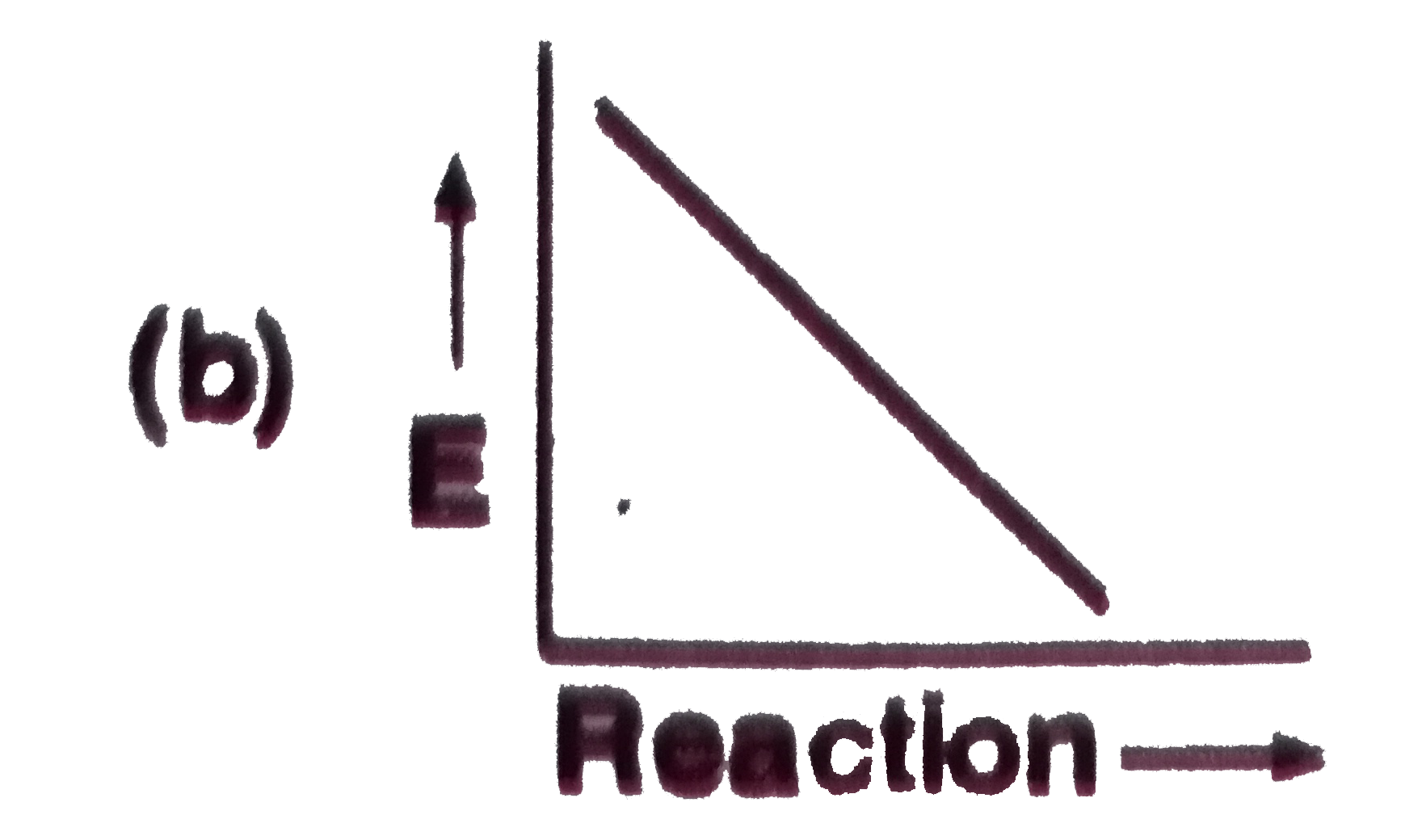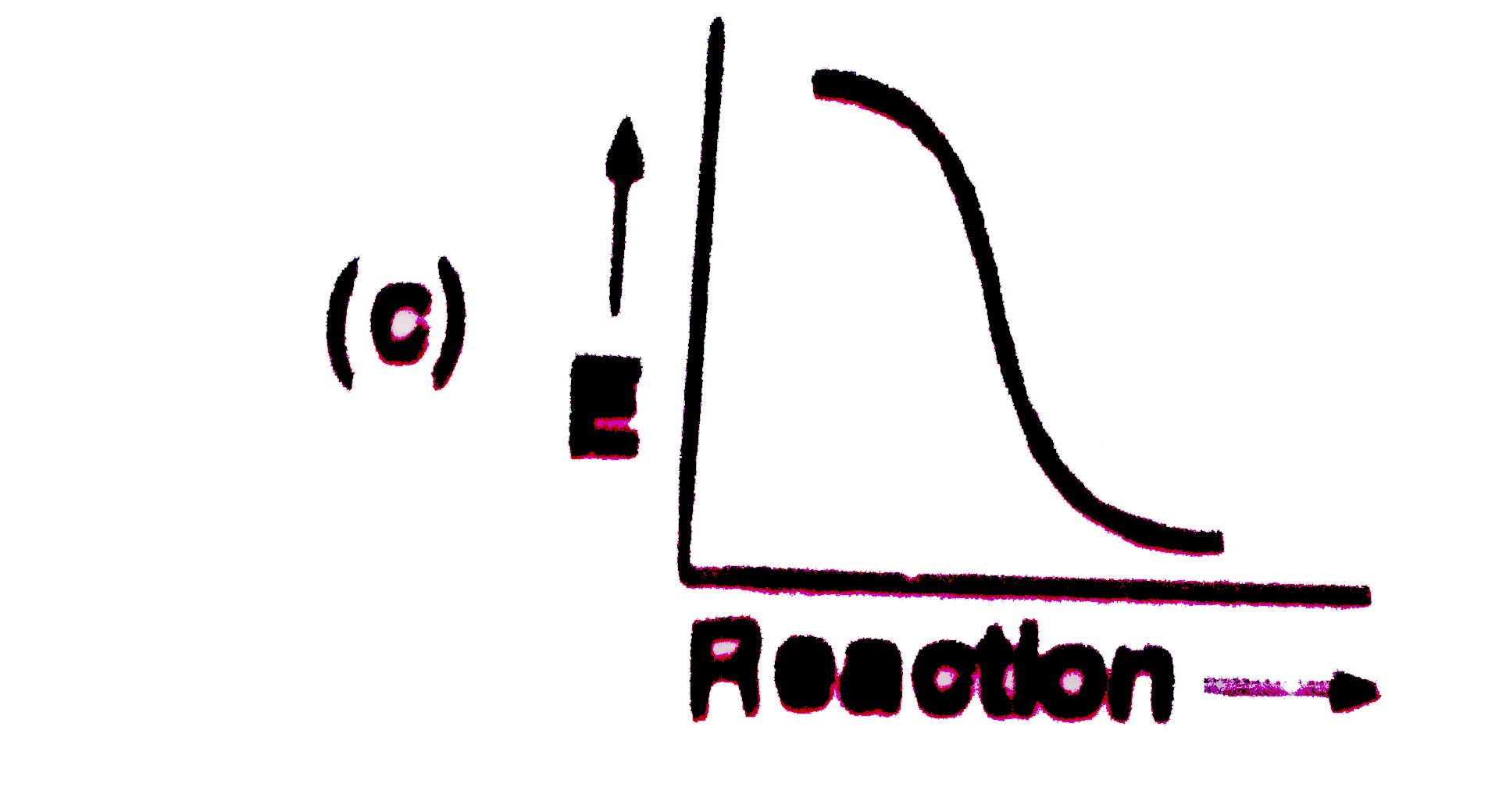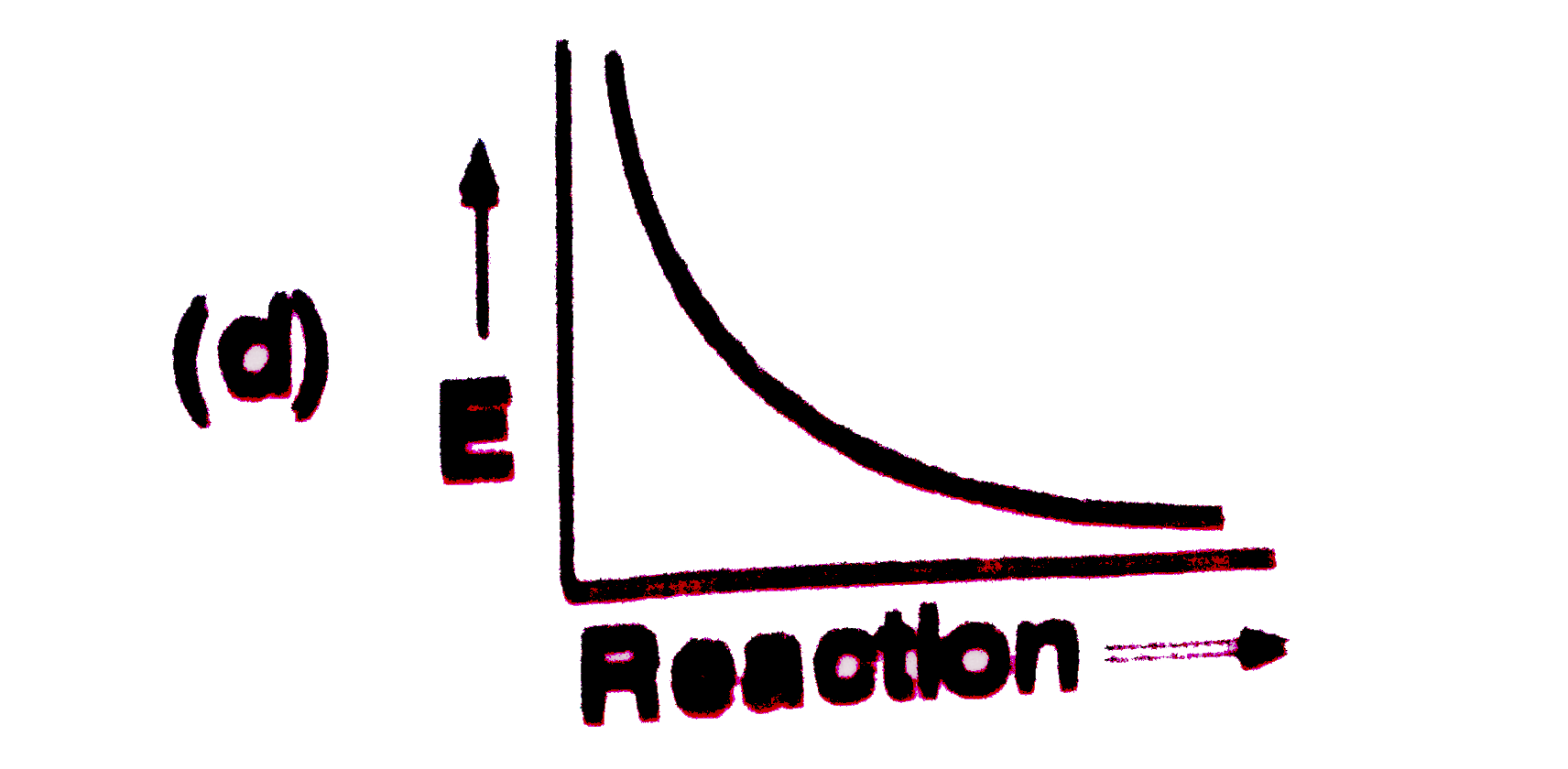Which of the following reactions has Zero activation energy?
CH4+CI.→.CH3+HCI
CI−CIhv−−→2CI.
CH.3+.CH3→CH3−CH3
CH.3+CI−CI→CH3−CI+CI.
Step by step video & image solution for Which of the following reactions has Zero activation energy? by Chemistry experts to help you in doubts & scoring excellent marks in Class 11 exams.
Topper's Solved these Questions
- BOOK - HIMANSHU PANDEYCHAPTER - HYDROCARBONS (ALKANE, ALKENE and ALKYNE)EXERCISE - Level 2 (Q.26 To Q.50)25videos
HYDROCARBONS (ALKANE, ALKENE and ALKYNE)
- BOOK - HIMANSHU PANDEYCHAPTER - HYDROCARBONS (ALKANE, ALKENE and ALKYNE)EXERCISE - Level 2 (Q.51 To Q.75)25videos
HYDROCARBONS (ALKANE, ALKENE and ALKYNE)
- BOOK - HIMANSHU PANDEYCHAPTER - HYDROCARBONS (ALKANE, ALKENE and ALKYNE)EXERCISE - Level 1 (Q.26 To Q.50)25videos
HYDROCARBONS (ALKANE, ALKENE and ALKYNE)
Similar Questions
Knowledge Check
- Question 1 - Select One
Which of the following cycloalkanes has zero strain energy?
ACyclobutaneBCyclopentaneCCyclohexaneDCyclopropane - Question 2 - Select One
Which graph shows zero activation energy ?
A B
B C
C D
D
- Question 3 - Select One
If a reaction A+B→C is exothermic to the extent of 30 kJ/mol and the forward reaction has an activation energy of 70 kJ/mol, the activation energy for the reverse reaction is
A30 kJ/molB40 kJ/molC70 kJ/molD100 kJ/mol
If a reaction A + B → C, is exothermic to the extent of 30 kJ/mol and the forward reaction has an activation energy of 249 kJ/mol, the activation energy for reverse reaction in kJ/mol is
View SolutionIf a reaction , A+B→C , is exothermic to the extent of 30kJ/mol and the forward reaction has an activation energy 70kJ/mol, the activation energy for the reverse reaction is
View SolutionIf a reaction A+B→C is exothermic to the extent of 30KJmol−1, the the forward reaction has an activation energy , 70KJmol−1, the activation energy for the reverse reaction is
View SolutionAn endothermic reaction A → B has an activation energy as × kJ mo1−1 of A. If energy change of the reaction is y kJ, the activation energy of the reverse reaction is :
View SolutionAn endothermic reaction A ⇔ B has an activation energy as x kJ mol−1 of A. If energy change of the reaction is y kJ, the activation energy of the reverse reaction is
View Solution

